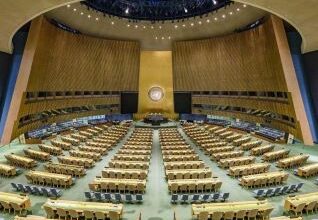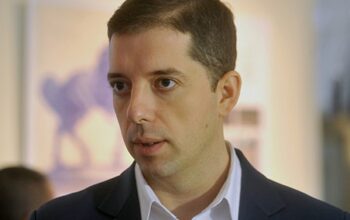In an interview last week with the local daily Glas Srpske, EU Special Representative Lars-Gunnar Wigemark spoke about the BiH reform agenda, and the division of responsibilities between the entities and BiH. Ambassador Wigemark said that he was satisfied with the pace of implementation so far. In particular, he praised the efforts of Republika Srpska Prime Minister Cvijanovic and her counterpart in the Federation. He also stressed that the EU does not require centralization of power in BiH.
No, absolutely not! The reforms do not imply centralization or the transfer of authority, but creating jobs, encouraging foreign and domestic investment, improving the rule of law and public administration reform. We are not trying to revise the Dayton Agreement through the back door using the Reform Agenda. Joining the EU, or integration into the EU, does not mean more centralized BiH. There are many Member States that have decentralized systems and decentralized structure. When BiH becomes an EU member state, as a country it will have pooled its sovereignty with the sovereignty of other countries. Then the sum is greater than the individual parts. I am referring to trade policy. All EU Member States work together and are strong as a whole. Many questions that are now subject of debate between the entities and the state will not be relevant in the context of the EU.


